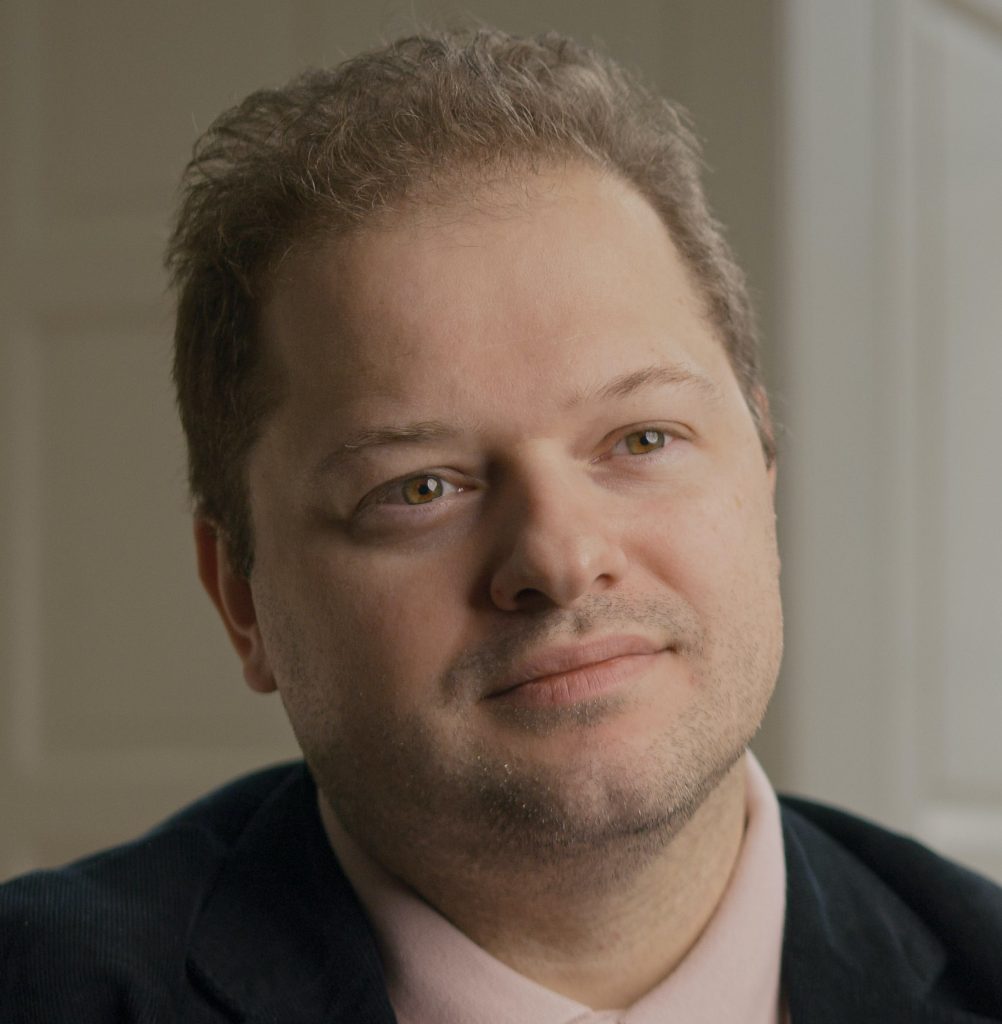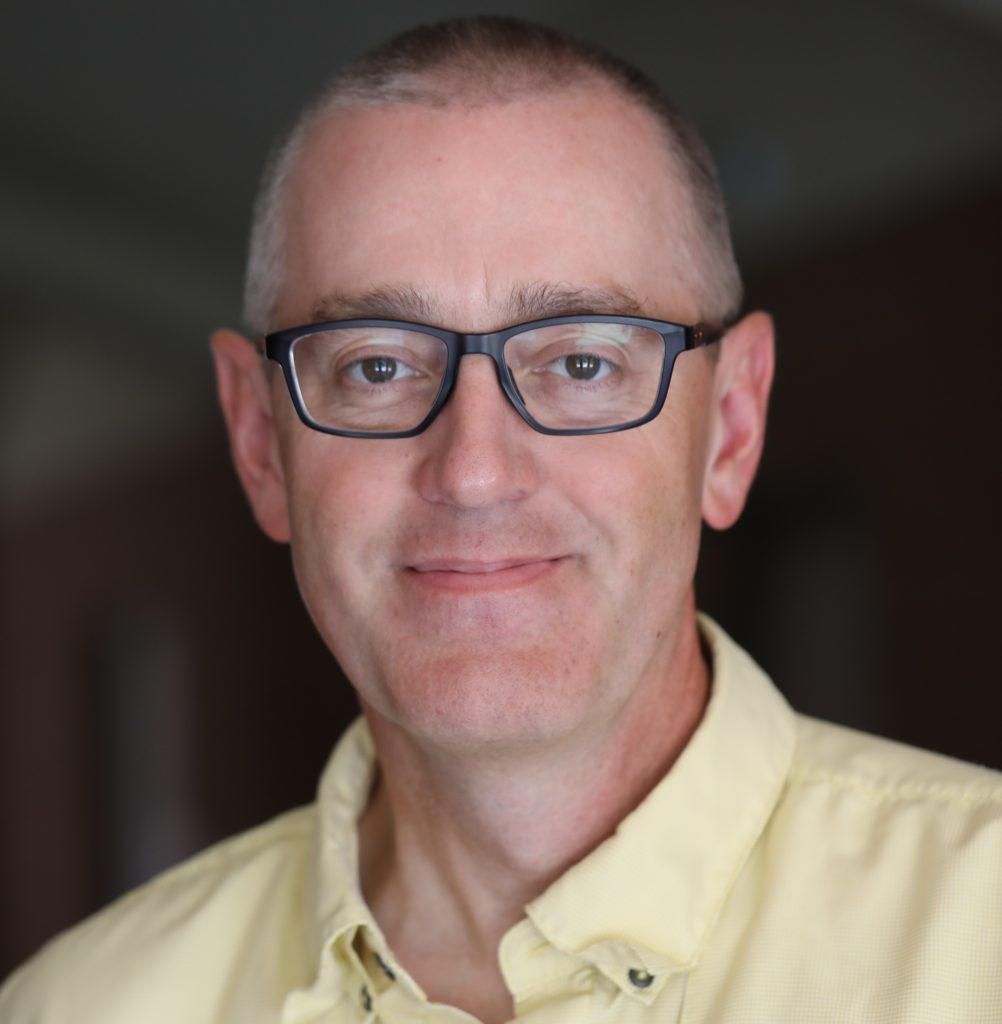The Universal Declaration of Human Rights and Soviet Law

Dmytro Vovk is a visiting professor at the Benjamin N. Cardozo School of Law. This post is excerpted from an article in the December 2023 special issue of The Review of Faith & International Affairs commemorating the 75th anniversary of the Universal Declaration of Human Rights.
Soviets’ Lack of Interest in the Universal Declaration
The Soviet government seemed not to have any significant interest in the adoption of the Universal Declaration of Human Rights (UDHR). The Soviet member of the UDHR Drafting Committee, Alexandre Bogomolov, played only a passive role in the UDHR drafting process. His associates, including prominent Soviet international-law scholar Vladimir Koretsky, were more active, even though they were more concerned with blocking Western drafters’ proposals and ensuring absolute state sovereignty than with advancing human rights or promoting their universality. As a result, the Soviet Union proposed amendments to virtually every article of the UDHR but abstained from voting for the Declaration.

